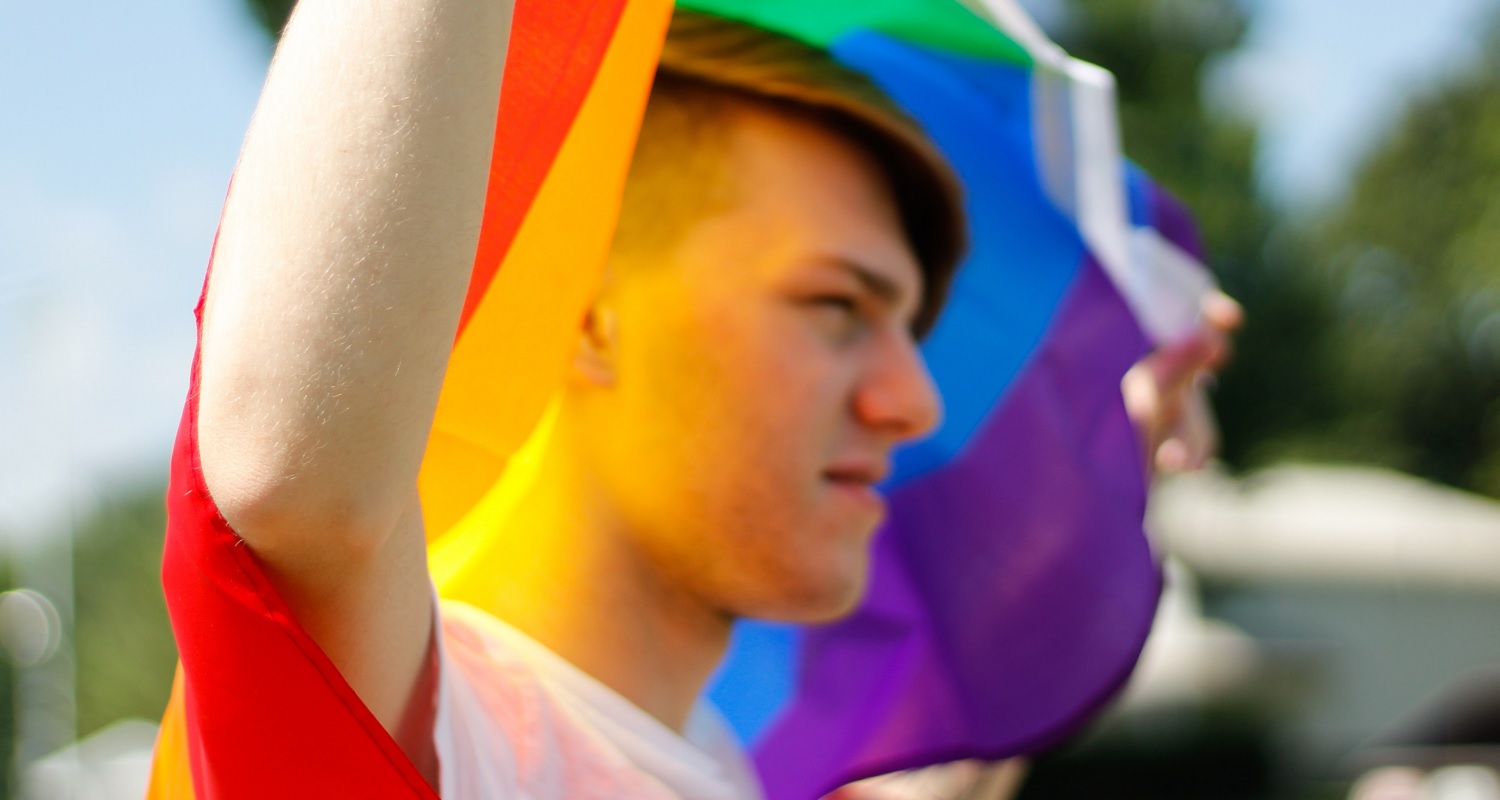Florida Senate passes ‘Don’t Say Gay’ bill in ‘horrific step backwards’
Republican Governor, Ron DeSantis, is expected to now sign the bill into law.

Words: Alastair James; pictures: Pexels
Lawmakers in Florida have passed a piece of legislation nicknamed the ‘Don’t Say Gay’ bill, which will ban discussions around LGBTQ topics and issues in elementary schools.
Officially called The Parental Rights in Education Act, it has been denounced by President Joe Biden as “hateful”, with many warning of the dangerous consequences it will have for the state’s LGBTQ youth.
On Tuesday (7 March) state representatives voted 22-17 to pass the bill. Florida’s Republican Governor, Ron DeSantis, is now expected to sign the bill into law after indicating support for it previously.
“A horrific step backwards”
State representative Frederica Wilson wrote on Twitter afterward: “Today is a sad day for the people of Florida, and a horrific step backwards in the fight for #LGBTQ+ equality. The “Don’t Say Gay” bill is discriminatory and homophobic, and our students deserve better. Period.”
Today is a sad day for the people of Florida, and a horrific step backwards in the fight for #LGBTQ+ equality. The “Don’t Say Gay” bill is discriminatory and homophobic, and our students deserve better. Period. https://t.co/Y76OjuOeh6
— Rep. Frederica Wilson (@RepWilson) March 8, 2022
Fellow representative Carlos G Smith tweeted footage of him speaking after the passing of the bill assuring LGBTQ youth that they will be supported. He added: “I used to be you. We see you. We love you just the way you are and will continue fighting for you every day!”
#DontSayGay just passed the FL Senate and heads to #DeSantis.
To LGBTQ youth in our state and everywhere struggling to find support— I used to be you. We see you. We love you just the way you are and will continue fighting for you every day! 🏳️🌈🏳️⚧️ #SayGay https://t.co/RpxkkFPMCG
— Rep. Carlos G Smith (@CarlosGSmith) March 8, 2022
The action group, Equality Florida, said in a statement: “Let us be clear: should the vague language of this bill be interpreted in any way that causes harm to a single child, teacher, or family, we will lead legal action against the State of Florida to challenge this bigoted legislation.”
It also accused lawmakers of ignoring the voices of people who got in touch to express their concern about the potential impact of the law and those students who staged a walkout across the state last week.
“Instead, they locked arms with the angry mobs hurling anti-LGBTQ slurs at those asking for nothing more than a safe place to go to school without having to hide who they are. Our fight continues,” the statement reads.
Let us be clear: should the vague language of this bill be interpreted in any way that causes harm to a single child, teacher, or family, we will lead legal action against the State of Florida to challenge this bigoted legislation. https://t.co/pvGSJ4iMMP
— Equality Florida (@equalityfl) March 8, 2022
DeSantis, who also spent Tuesday designating Strawberry Shortcake as the ‘official desert of Florida’, tweeted: “In Florida, we protect the rights of Floridians to make decisions for themselves and their children. We reject narratives and hysteria in favor of truth and data. There is no place in Florida for COVID theater,” which appears to be a reference to the bill.
In Florida, we protect the rights of Floridians to make decisions for themselves and their children.
We reject narratives and hysteria in favor of truth and data. There is no place in Florida for COVID theater.
— Ron DeSantis (@GovRonDeSantis) March 7, 2022
Proponents of the bill argued that it was about giving parents a greater say over what their children could learn in school.
The bill will restrict what children between Kindergarten and the third grade (when students are usually 8 or 9) can be taught in regard to sexuality or gender identity and also where it is not deemed “age-appropriate”.
Unlike similar pieces of legislation in other US states, the Florida bill goes further by extending the ban to student support services and counselling. Parents can also sue schools if they think the law has been broken.
The bill says if passed it would be enacted on 1 July 2022.
At one point an amendment was added stating schools would have to ‘out’ LGBTQ students within six weeks of finding out about a student’s sexuality or gender identity. It was quickly removed following massive backlash.
LGBTQ campaigners and groups have been concerned about the extent to which this will harm LGBTQ youth, warning it could lead to increased stigma, bullying, homeless and suicide.
The LGBTQ charity, The Trevor Project released a survey last year of more than 82,000 LGBTQ young people which revealed that only a third felt their home was an affirming place and only 50 per cent said their school was.
75 percent said they had experienced discrimination based on their sexual orientation or gender identity at least once in their lifetime.
Attitude’s new-look March/April issue is out now.

